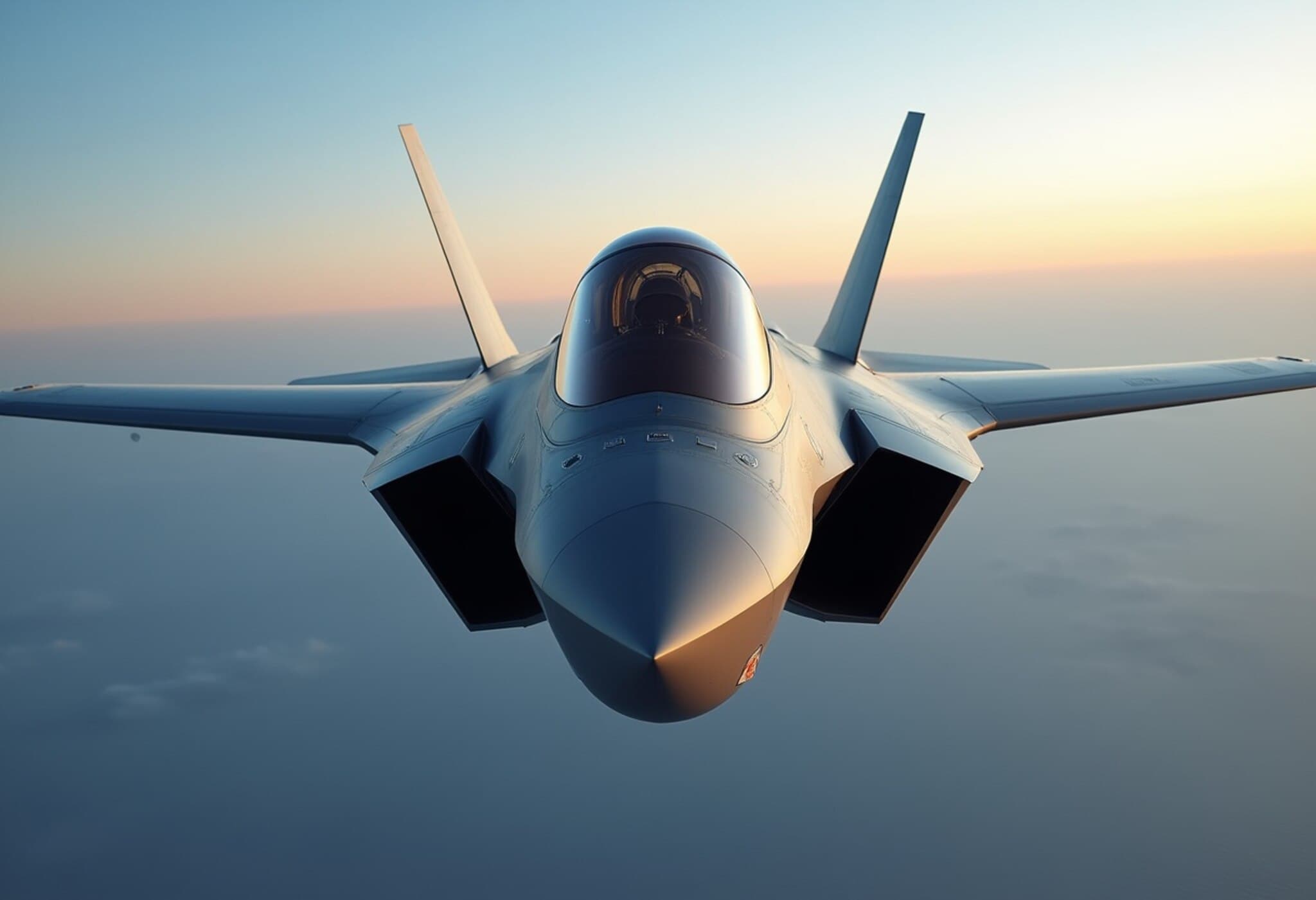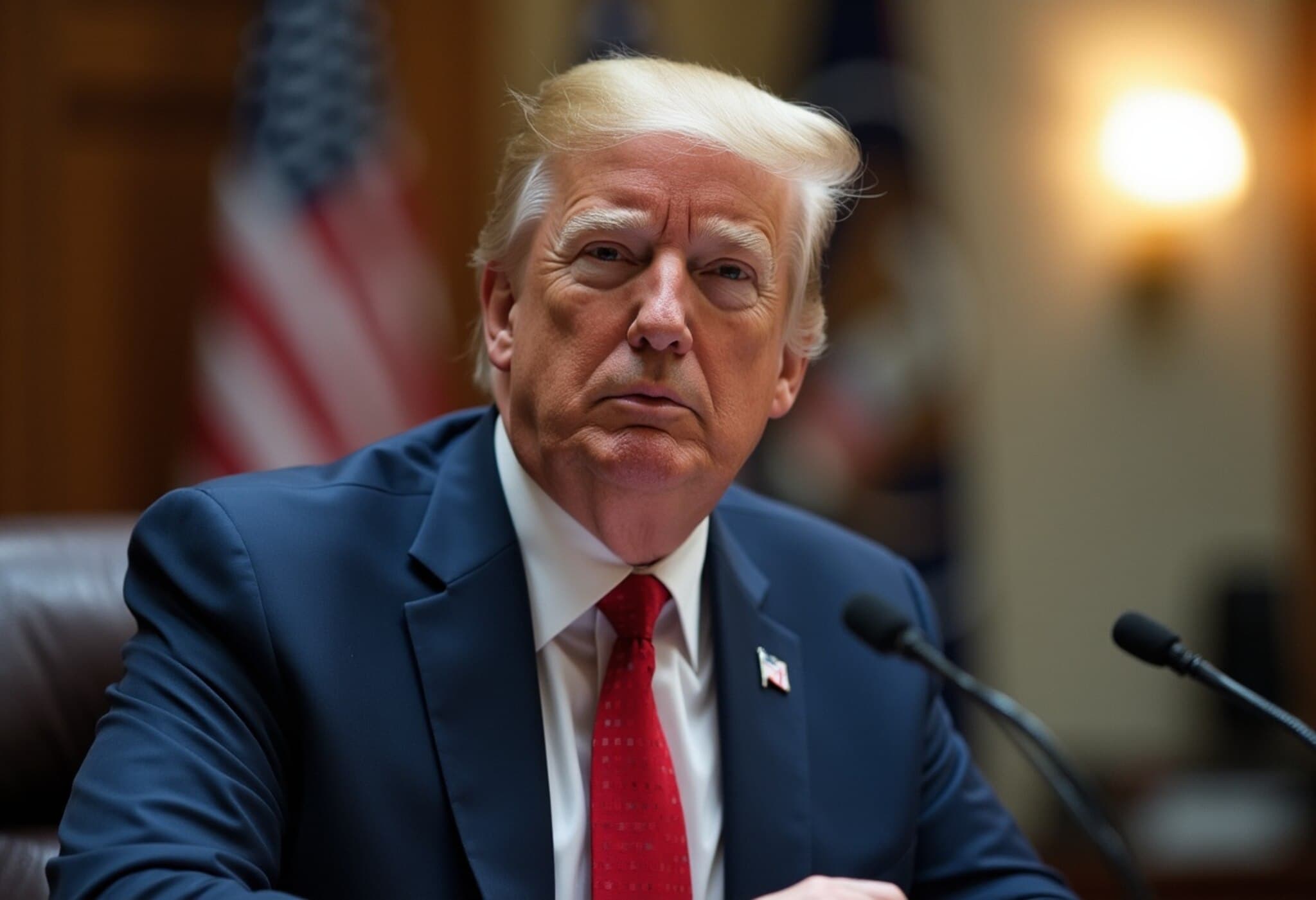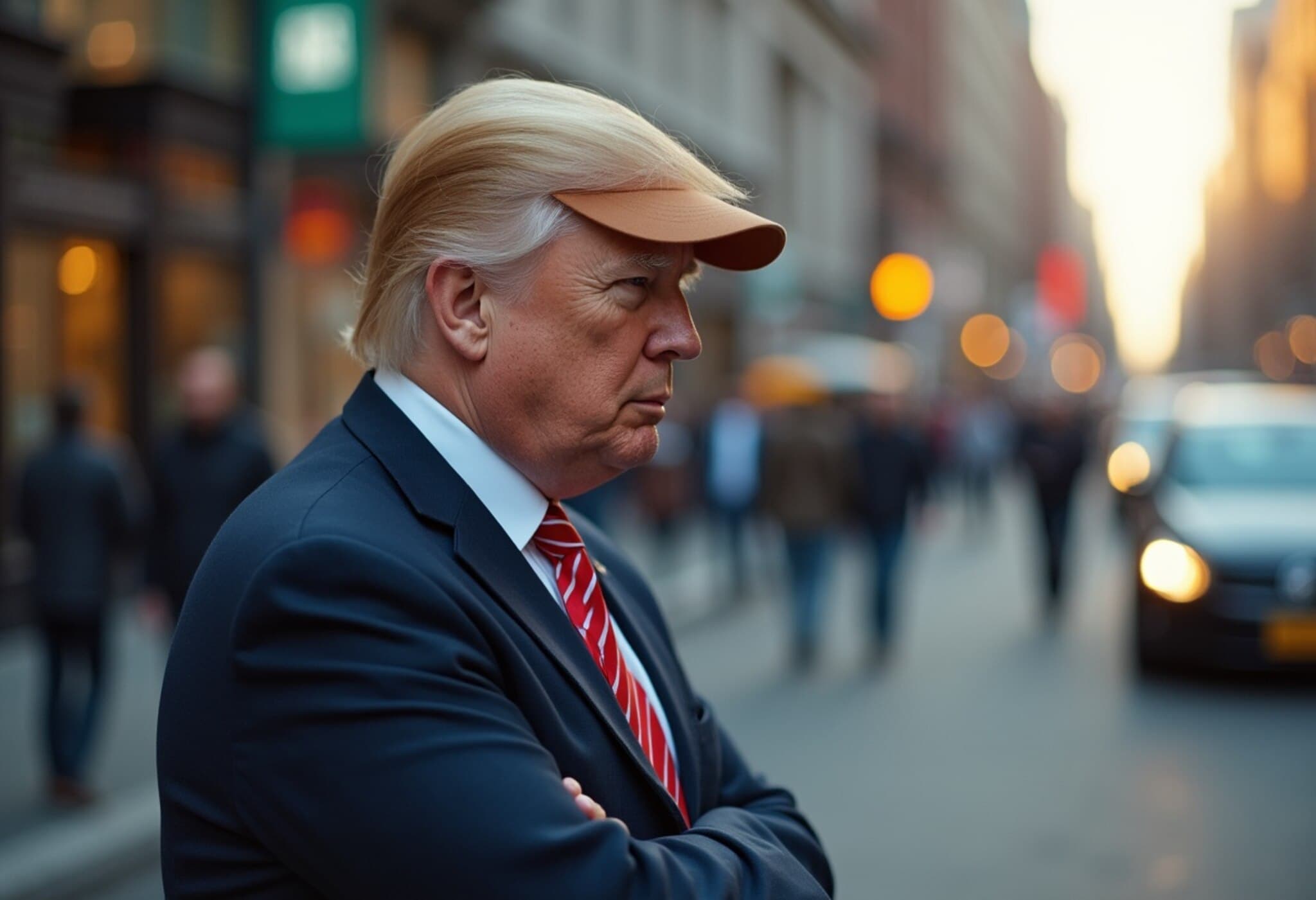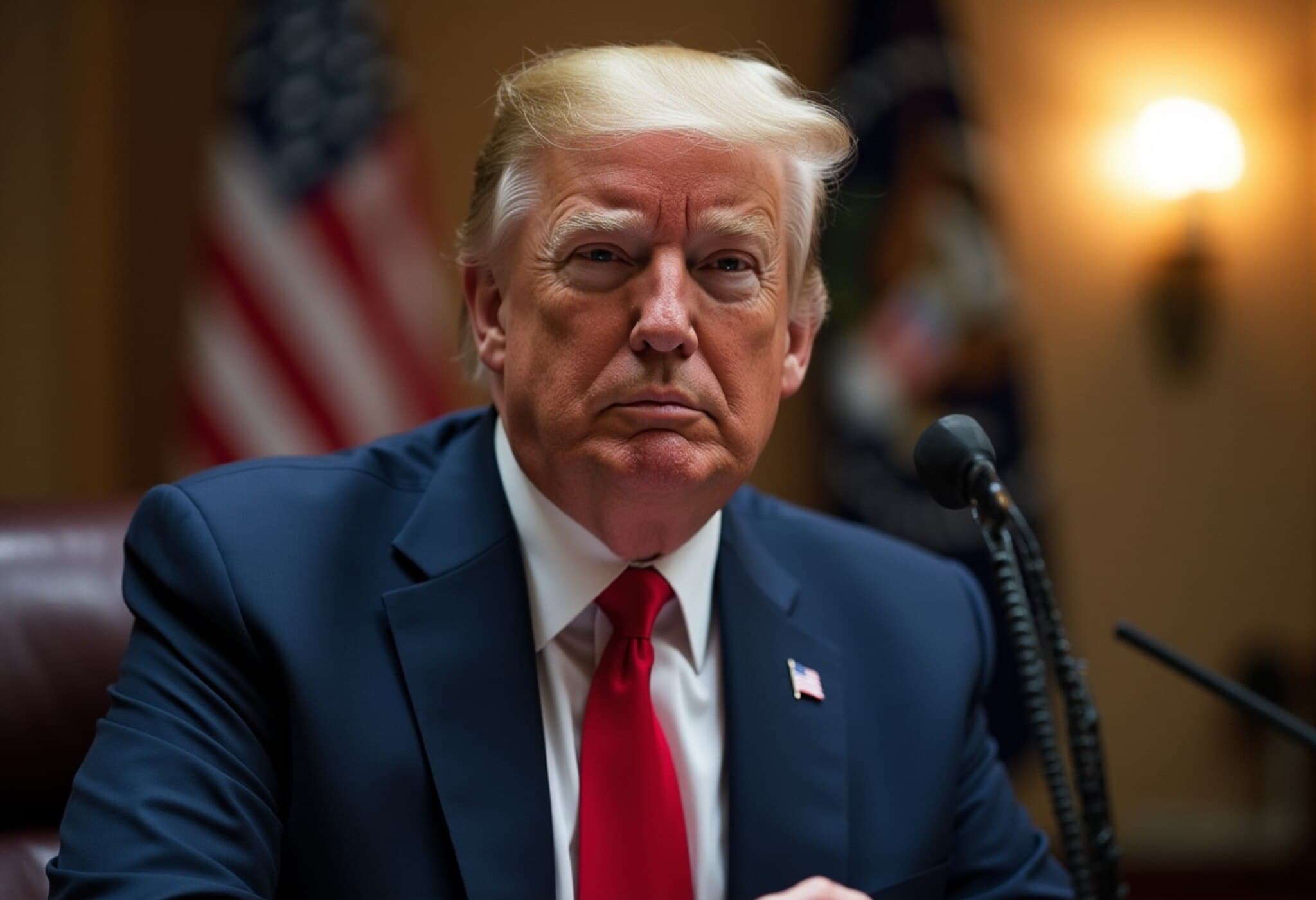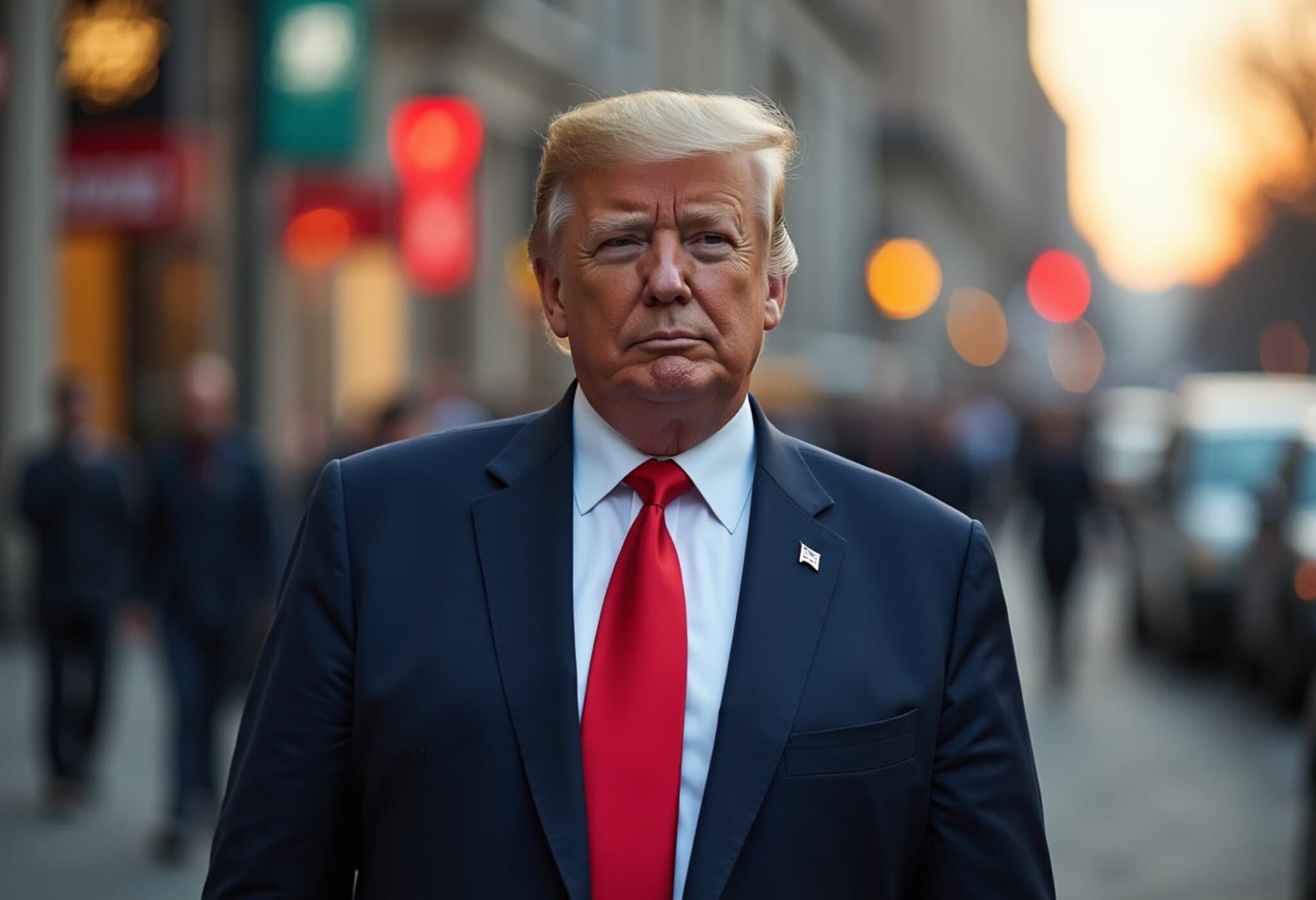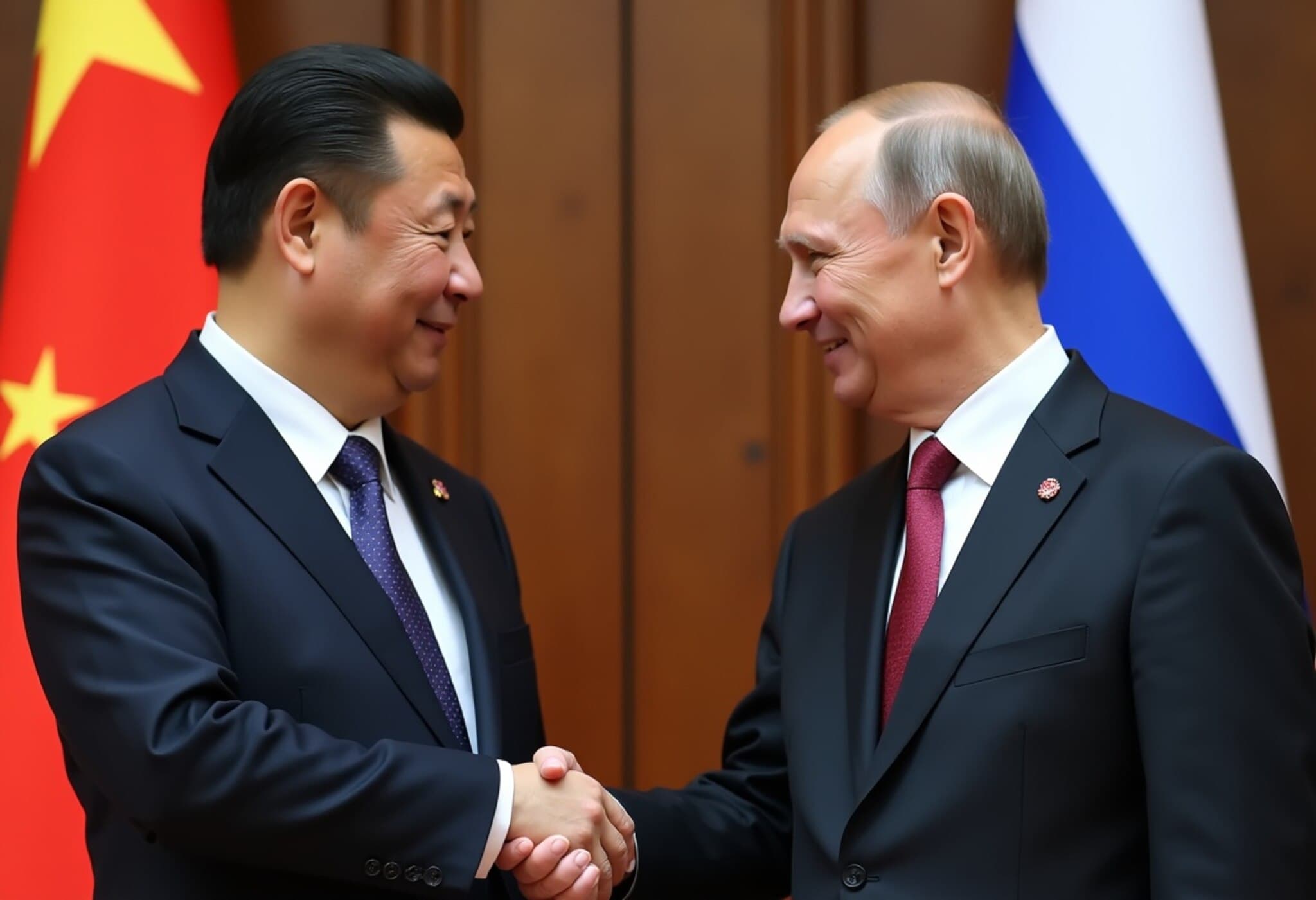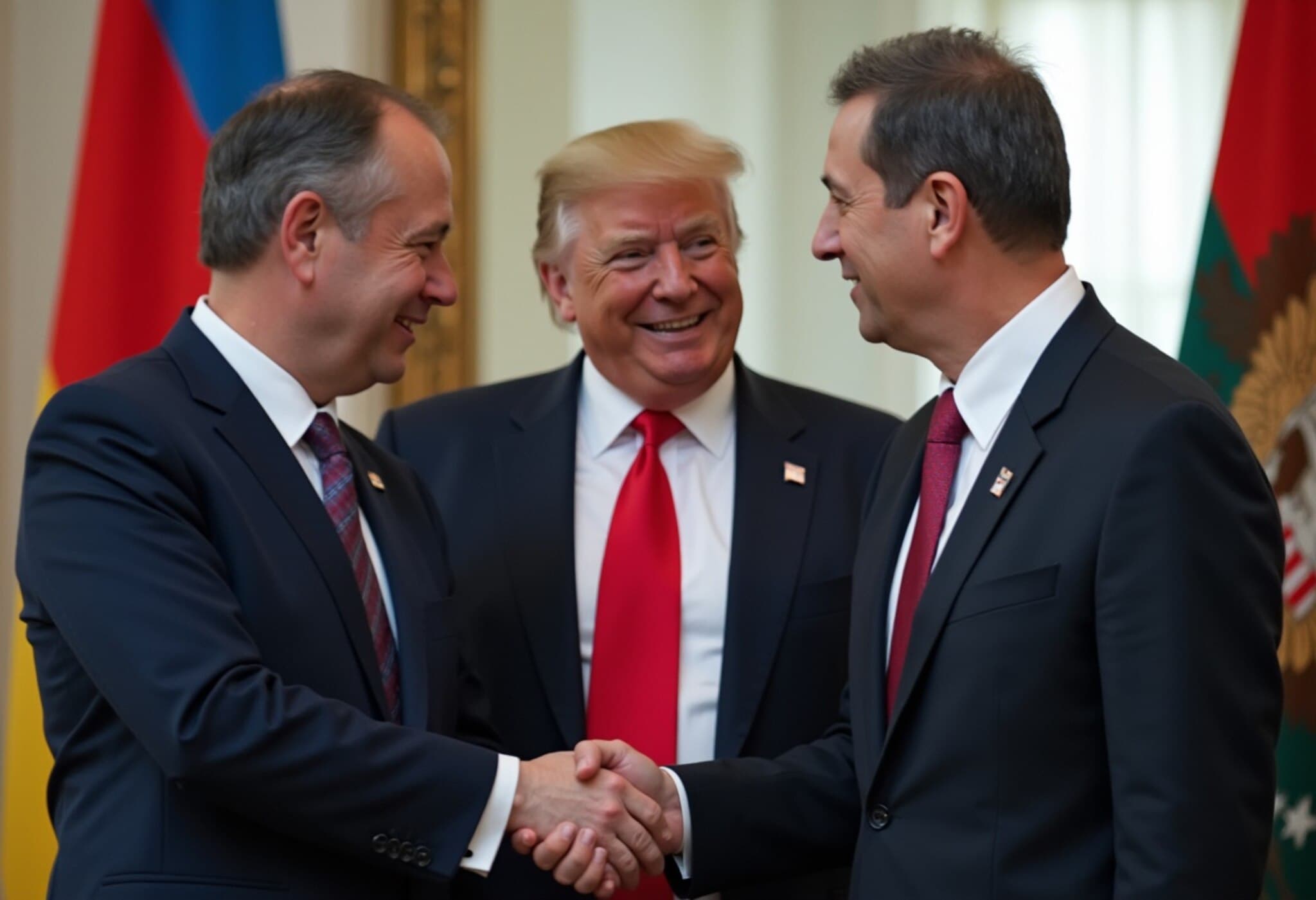Trump’s Trade Policies Disrupt US F-35 Fighter Jet Sales Globally
The escalating tariff conflict initiated under former President Donald Trump is now casting a long shadow over American defense exports, most notably impacting the Lockheed Martin F-35 stealth fighter jet program. Key US allies and potential buyers in Europe and Asia are rethinking their procurement strategies as trade tensions ripple through diplomatic and defense channels.
Spain Shifts Toward European Fighter Jets Amid Trade Tensions
Spain’s defense ministry recently confirmed that it has officially canceled plans to acquire the US-made F-35, opting instead to invest in European alternatives like the Eurofighter Typhoon and the ambitious Future Combat Air System (FCAS). This decision follows heightened political frictions after former President Trump sharply criticized Spanish Prime Minister Pedro Sánchez for not committing to increasing defense expenditure to 5% of GDP. Although Spain aims to meet NATO’s 2% spending target by 2025, the US administration’s threats of imposing additional tariffs on Spanish goods created an atmosphere unfavorable for American defense sales.
- Spain had initially budgeted €6.25 billion for new jet acquisitions.
- Additional €10.5 billion earmarked for boosting European defense industries further diminished the political and fiscal appetite for US-made fighters.
The move to favor European aerospace consortia—including Airbus, BAE Systems, Leonardo, Dassault Aviation, and Indra Sistemas—highlights a trend where geopolitical and trade disputes influence strategic defense procurement decisions.
Switzerland’s Political Backlash Grows Amid Punitive Tariffs
Switzerland, too, is grappling with internal political resistance to its F-35 acquisition plan. The Trump administration’s 39% tariffs on Swiss exports—affecting luxury items like watches and Nespresso capsules—have provoked parliamentary debates, public outcry, and calls for either canceling the F-35 order or holding a referendum.
Key voices in Switzerland:
- Balthasar Glättli, Green Party: “A country which throws rocks at us in trade shouldn’t get a present.”
- Cédric Wermuth, Social Democrat co-president: Urged voters to reject the procurement.
- Even members of the Liberal Party allied with President Karin Keller-Sutter express concerns over inflated costs and the tariff-induced financial uncertainty.
The Swiss defense deal, involving the purchase of 36 F-35 jets, would have comprised nearly 33% of Lockheed Martin's 2024 expected deliveries—a significant dent if abandoned.
India’s Focus Shifts Away From the F-35 Amid Trade Disputes
Across Asia, India continues to stay clear of the F-35 program, steering attention toward advancing its indigenous Tejas fighter and exploring other procurement options. Relations have cooled amid disagreements over tariffs on Indian exports and broader policy clashes during the Trump administration.
Broader Implications for US Defense Industry and Global Security
This series of setbacks underlines a critical but often underreported consequence of aggressive trade policies: they can fracture longstanding alliances and disrupt vital defense collaborations. For Lockheed Martin, the disruption is more than financial—it threatens the company’s position as a leading global defense contractor at a time when competition in aerospace technologies is intensifying.
The Pentagon’s own step back from the F-35 in 2026 further compounds pressures, as budget priorities shift to rival programs. The loss of orders from influential buyers like Spain, Switzerland, and India could weaken US technological leadership and influence in defense markets.
Expert Commentary
Defense industry analysts warn that the intersection of trade disputes and military procurement risks becoming a self-inflicted wound. As Professor Emily Dawson, a specialist in international security, notes: “Weapon systems procurement is not just a transaction; it’s an extension of geopolitical trust and alliance-building. When trade wars spill into defense, all sides risk diminished security cooperation, which could weaken collective responses to emerging global threats.”
Looking Ahead: Will US Trade Strategies Adapt?
As American allies pivot toward European manufacturers or seek indigenous solutions, the US government faces a stark strategic choice. Revisiting tariffs and engaging in comprehensive defense diplomacy may be crucial to sustaining long-term industrial partnerships and maintaining influence in global security frameworks.
Editor’s Note
The fallout from the Trump-era tariff policies on the F-35 program spotlights a complex interplay between trade, defense, and diplomacy. While tariffs aim to protect domestic industries, they can inadvertently erode America's strongest alliances and undermine defense exports that support national security. Readers are invited to reflect on how balancing economic and geopolitical interests remains a delicate, high-stakes endeavor shaping the future of international military cooperation.

